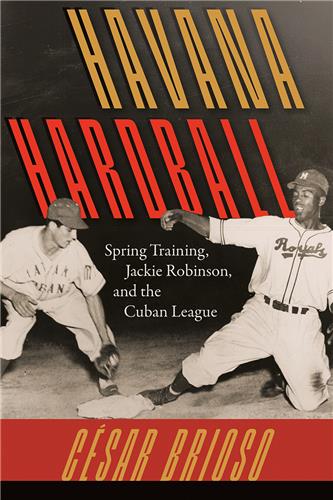The Culture War in the Civil Rights Movement
Joe Street
Paper: $19.95
“Boldly suggests that cultural organizing shaped the trajectory and spirit of the Civil Rights Movement.”—Journal of American Ethnic History
“Street brings together many different cultural strands in this work and argues cogently that they were an important part of a movement that affirmed African American self-belief at the same time as it demanded freedom and equality.”—Journal of American Studies
“Draws upon a wealth of primary and secondary sources and is comprehensive yet clear and concise. . . . An absorbing examination of the relationship between politics and creative works.”—North Carolina Historical Review
"In The Culture War in the Civil Rights Movement, Joe Street offers a lively, well-informed, and perceptive analysis of the links between the postwar African American freedom struggle and various forms of black cultural expression and organizing. Examining the fields of music, literature, theatre, and the visual arts, Street adds a compelling and authoritative new voice to those who have long argued that culture represents one of the most important fronts on which the battle for black rights and racial justice has been waged."--Brian Ward, University of Manchester
"Eloquently reaffirms the notion that an informed understanding of Black America's multifaceted culture is foundational to fathoming the complexities of the black freedom movement."--William L. Van Deburg, University of Wisconsin, Madison
From Aretha Franklin and James Baldwin to Dick Gregory and Martin Luther King, the civil rights movement deliberately used music, art, theater, and literature as political weapons to broaden the struggle and legitimize its appeal.
Joe Street places these cultural forms at the center of the civil rights struggle, arguing that the time has come to recognize the extent to which African American history and culture were vital elements of the movement, calculated to broaden the movement's appeal within the larger black community. He places considerable emphasis on Amiri Baraka's interpretation of the importance of music and art to the development of black nationalist thought in the 1960s, especially as expressed in his jazz criticism and plays.
Drawing upon a wide variety of sources, from the Free Southern Theater to freedom songs, from the Cuban radio broadcasts of Robert F. Williams to the art of the Black Panther Party, Street encourages us to consider the breadth of forces brought to bear as weapons in the struggle for civil rights. Doing so also allows us to reconsider the roots of Black Power, recognizing that it emerged both from within and as a critique of the southern integrationist movement.
Joe Street is senior lecturer in American history at Northumbria University. He is the author of Dirty Harry’s America: Clint Eastwood, Harry Callahan, and the Conservative Backlash.
- Sample Chapter(s):
- Table of Contents
- Excerpt
"Draws upon a wealth of primary and secondary sources and is comprehensive yet clear and concise. Ideal for students of southern history, African American history, and the civil rights movement."
--North Carolina Historical Review
"Street brings together many different cultural strands in this work and argues cogently that they were an important part of a movement that affirmed African American self-belief at the same time as it demanded freedom and equality."
--Journal of American Studies, vol. 42 No. 3












